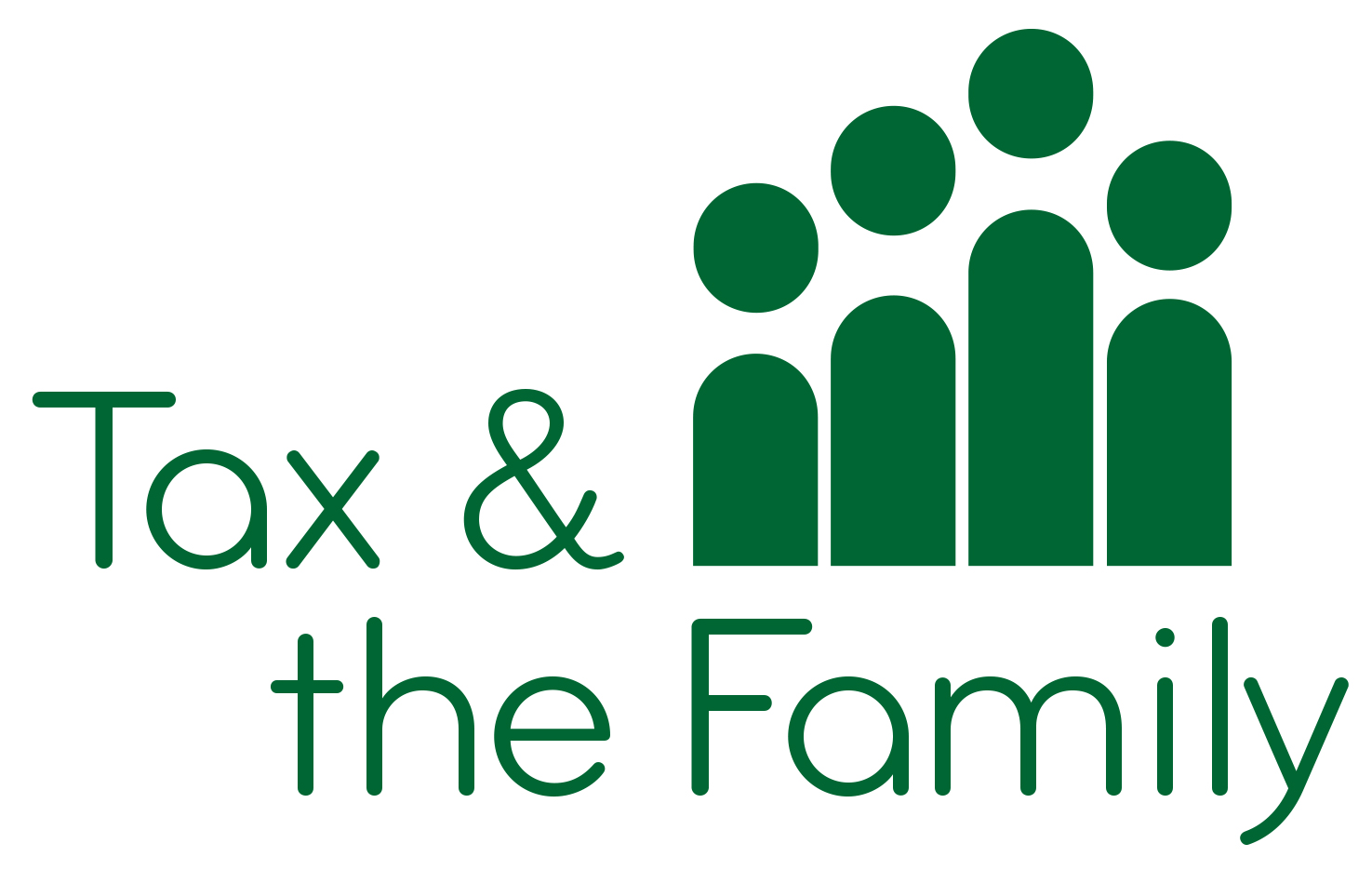International Comparisons 2017
This is CARE's twelfth annual international review of the taxation of families. Like its predecessors it compares the overall direct tax burdens, income tax rates and effective marginal tax rates (EMTRs) of various household types in the UK with those of similar households in other developed countries in the calendar year 2017. It looks primarily at households with an ‘average wage’ but also those with incomes at other points above and below this income point.
It uses statistics published by the OECD in Taxing Wages to make comparisons between the UK and other developed countries. For the purposes of this report ‘tax’ means income tax plus employee social security contributions (SSCs) less cash benefits. The combined effect of these three elements determines how well off any particular family is. The term ‘tax rate’ or ‘tax burden’ is used when tax is expressed as a percentage of gross wage earnings. A negative percentage indicates that cash benefits exceed income tax and SSCs. In 2017, the latest year for which there is OECD data the tax burden on one-earner families on the "average wage" is significantly greater than the averages for the OECD as a whole and for the group of EU countries that are OECD members.
At the OECD average wage (£38,208 for the UK), the UK tax burden is significantly greater than the OECD average both for single parents with two children and one-earner married couples with two children. The unfavourable position of these one-earner families results mainly from the fact that UK income tax does not take account of family responsibilities.
By contrast with the position of one-earner families, the UK tax burden on single people without family responsibilities is less than international averages. At the OECD average wage, it is 8% less than the OECD average and 18% less than the average for the 22 EU countries that are OECD members.
Although the UK tax system is not more burdensome in general than the tax systems of other developed countries, its treatment of one-earner families on the average wage is unfavourable by international standards.
The UK income tax system places a particularly heavy burden on one-earner families. At the OECD average wage, the UK income tax burden is 26% greater than the OECD average for a single parent with two children and 30% greater for a single earner married couple with two children. More importantly perhaps, the UK one-earner married couple with two children paid in 2017 85% more income tax than the French family, more than twice as much as the US family, and eleven times as much as the German family. Average income is moreover much higher in Germany – in 2017 say the average wage in Germany was 49,450 euros. At a current (November 2018) exchange rate this is the equivalent of £43,249.
By contrast, the UK income tax burden on a single person without children was 8% less than the OECD average at the OECD average wage and 18% less than the average for EU countries, which are OECD members. Income tax burdens on single people without children in the UK are similar to those in France, but less than those in Germany and the US.
At and above the OECD average wage, UK two-earner families also appear to bear a heavier income tax burden than their counterparts in France, Germany and the US.
As the report explains UK tax credits compensate low-income families for the heavy income tax burden, such that their overall tax rate is low by international standards. However, the withdrawal of UK tax credits as incomes rise is largely responsible for high effective marginal tax rates (EMTRs) across a wide income range. This will change a little, but not much, with the advent of universal credit as it is rolled out across the country.
The report argues that income tax liabilities should more equitably reflect how well off people are. To achieve this, a way needs to be found to take account of households in the context of independent taxation. The introduction of transferable allowances for married couples and civil partners is an example of how this can be done.
The report argues that the of the income tax burden reduction on households with children should be a high priority. It would have been appropriate to restrict and the increases in the personal allowance to taxpayers with children. This has not happened – please see Tax and the Family’s analysis of the November 2018 Budget.
